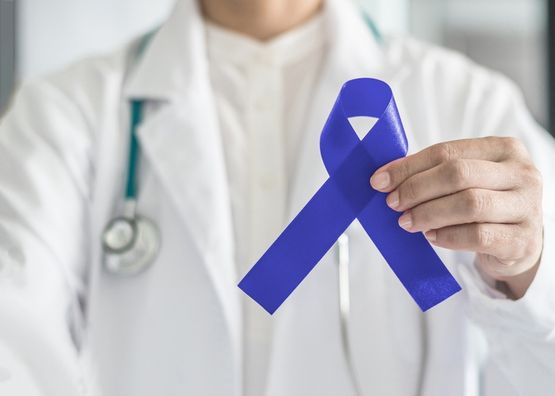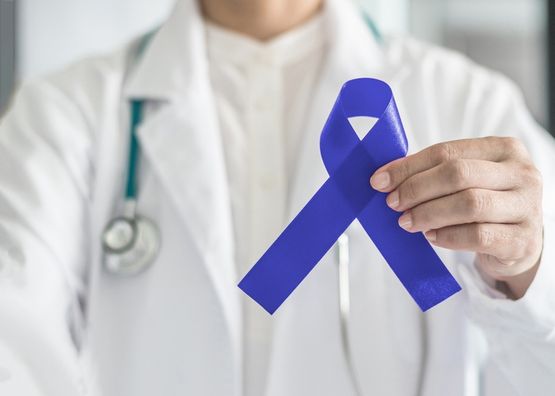It was the best of times, it was the worst of times…
This introduction to A Tale of Two Cities by Charles Dickens, written in 1859, could just as easily been written to introduce colorectal cancer. In the best of times, greater understanding and tools to manage colorectal cancer have been developed. In the worst of times, these tools are not being used to their fullest potential. According to the American Cancer Society, colorectal cancer is the third most commonly diagnosed cancer in the US. It is believed that a majority of these cancers and deaths could be prevented by a stronger adherence to screening recommendations and ensuring timely, standard treatment. Progress has been made in screening rates; however in 2010 only 59 percent of people eligible for screening reported having received colorectal cancer testing.










